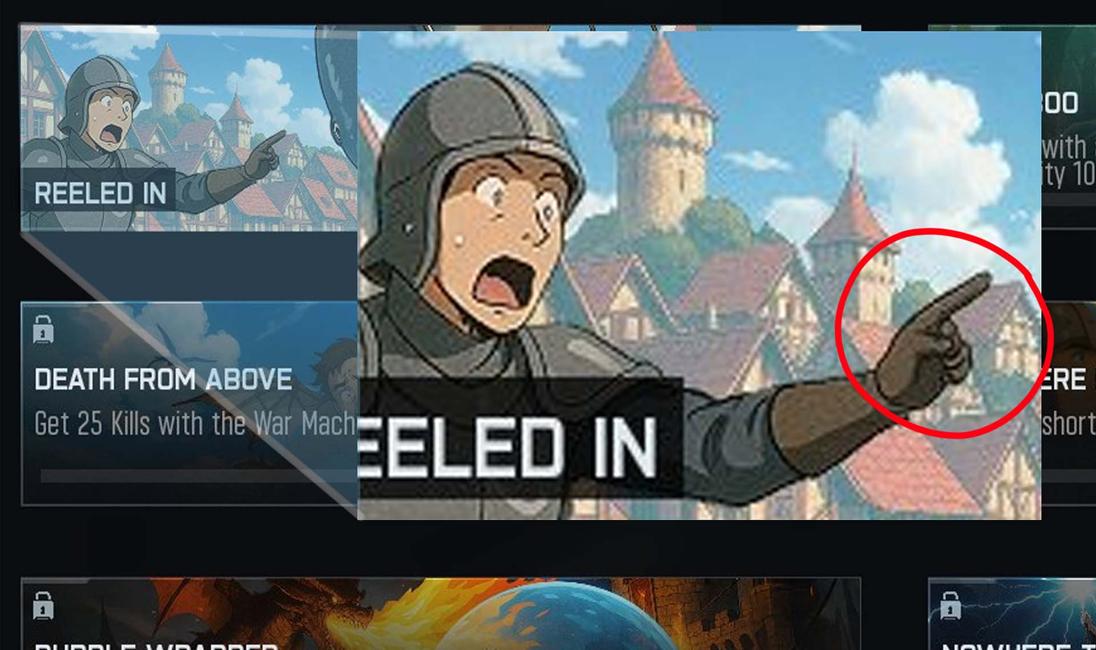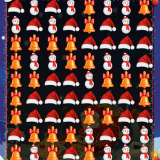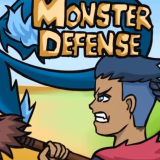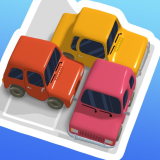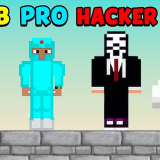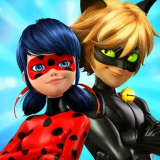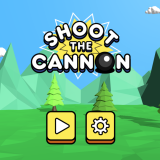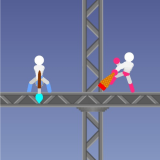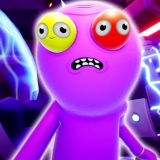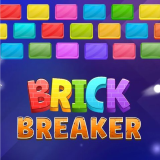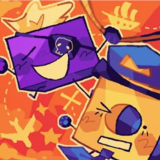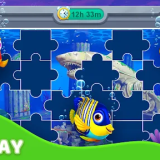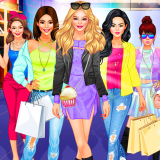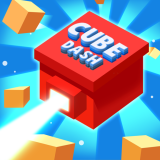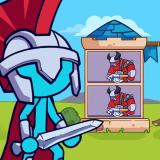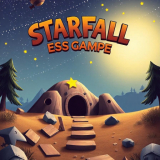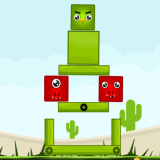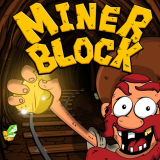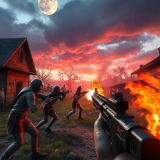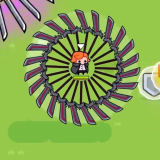Activision. The name alone conjures up images of late nights, Mountain Dew, and maybe, just maybe, yelling at your teammates. But something's brewing in the world of gaming, and it involves a whole lot more than just killstreaks and respawns. It's about art. And artificial intelligence.
See, Activision, the behemoth behind franchises like Call of Duty, is wading into the often murky waters of AI-generated art. Specifically, they're tackling how it might—or might not—feature in the upcoming Call of Duty: Black Ops 7. I've got to admit, this part fascinates me. Not because I'm some kind of tech utopian dreaming of robots replacing artists, but because the implications are huge. For gamers, for artists, for the future of entertainment itself.
The Murky Waters of AI Art in Gaming
Let's be clear: AI art is controversial. You've probably seen the debates raging online. Some argue it's a tool that democratizes art creation, allowing anyone to conjure images from their imagination. Others see it as a threat to artists, potentially devaluing their skills and livelihoods. Here's the thing, both sides have a point.
So, where does Activision fit in? Well, details are scarce, of course. Game developers are notoriously tight-lipped. What we do know is they are actively exploring how AI can enhance the creative process. GamesRadar reports that Activision is keenly watching industry trends.
Think about it this way. Imagine needing concept art for a futuristic weapon. Instead of commissioning an artist (which takes time and money), a designer could use AI to generate dozens of variations in minutes. That's a powerful tool. But, actually, that's not quite right; there's something even more interesting here: what if the AI could learn from player behavior to generate personalized weapon skins or even entire game levels? That's where things get really wild.
But Is It Art? (And Who Owns It?)
This is where the philosophical can of worms opens. If an AI generates an image, who owns the copyright? Is it the programmer? The user who provided the prompt? The AI itself? (Okay, maybe not the AI.) These legal questions are still being sorted out, and they're a major concern for companies like Activision. No one wants to get sued for using AI-generated art that infringes on someone else's copyright. The frustrating thing about this topic is that there aren't easy answers. And that means Activision needs to tread carefully.
And believe me, they are treading carefully. According to statements (albeit vague ones) from Activision execs, their priority is ensuring that AI is used responsibly and ethically. This means respecting artists' rights, avoiding plagiarism, and being transparent about how AI is used in the game development process. Easy to say, harder to do, right?
But here's the thing: gamers are a discerning bunch. They can spot a lazy shortcut a mile away. If Activision uses AI art in a way that feels cheap or uninspired, they'll hear about it. Loudly. See, for example, how voice actor Troy Baker had to step back from his work.
Call of Duty: Black Ops 7 - A Test Case?
So, how might all this play out in Black Ops 7? Will we see AI-generated textures? AI-designed maps? AI-composed music? It's all on the table. But I suspect Activision will start small, experimenting with AI in less visible areas of the game. Maybe AI-assisted level design, or AI-powered animation of non-player characters. Gradually, as the technology matures and the legal landscape becomes clearer, they might incorporate AI more prominently.
Of course, there's always the risk of a backlash. Some gamers are fiercely protective of human-created art, and they may resist the idea of AI creeping into their beloved games. But others may be more open to it, especially if it leads to more innovative and immersive experiences.
But -- and this is a big but -- the success of AI in Black Ops 7 (and other games) will depend on how well it's integrated. If it feels seamless and natural, if it enhances the gameplay without detracting from the artistry, then it might just win over even the most skeptical players. I keep coming back to this point because it's crucial. It's not just about using AI, it's about using it well.
Which brings me to another thought. What about mods? Could AI tools empower players to create their own content for Black Ops 7, generating custom maps, characters, and storylines? The possibilities are endless, but so are the challenges.
FAQ: Your Burning Questions About AI and Activision
Why is everyone so worried about AI in art anyway?
Good question! The core concern is that AI-generated art could devalue the work of human artists. If a machine can create an image in seconds that would take a human artist days or weeks, what happens to the artist's income and job security? There's also the question of originality. AI learns from existing art, so there's a risk of AI-generated art being derivative or even infringing on copyrights. It's a complex issue with no easy answers, and that's why so many people are worried.
How will I know if something in Black Ops 7 was created by AI?
That's the million-dollar question, isn't it? Activision hasn't exactly been shouting from the rooftops about their AI experiments. They will likely be subtle. The most obvious tell might be inconsistencies or unusual patterns in textures or designs. But honestly, it'll be tough to tell for sure. And maybe that's the point. If AI is used well, it should be seamless and blend in with the rest of the game.
Could Activision use AI to create personalized Call of Duty experiences?
Absolutely. This is one of the most exciting possibilities. Imagine an AI that learns your play style and generates custom missions, weapon loadouts, or even storylines tailored to your preferences. It could create a truly unique and dynamic gaming experience. And AI could adapt the game's difficulty to match your skill level, providing a consistently challenging and rewarding experience. We're not quite there yet, but the potential is definitely there.
Is AI going to replace game developers?
Doubtful. At least not entirely. AI is more likely to augment and assist game developers, freeing them up to focus on the more creative and strategic aspects of game design. Think of it as a powerful tool that can automate some of the more tedious and time-consuming tasks, allowing developers to focus on the things that truly matter: creating engaging stories, designing innovative gameplay, and building immersive worlds. Check out the ATM HTML 5 games website for more gaming news.
So, Activision and AI art. It's a story that's just beginning to unfold. And like any good story, it's full of intrigue, uncertainty, and the potential for both great innovation and great disaster. The only thing we know for sure is that the future of gaming is about to get a whole lot more interesting.
- First important point about the content
- Second point with detailed explanation
- Another noteworthy detail
- Final concluding thought
